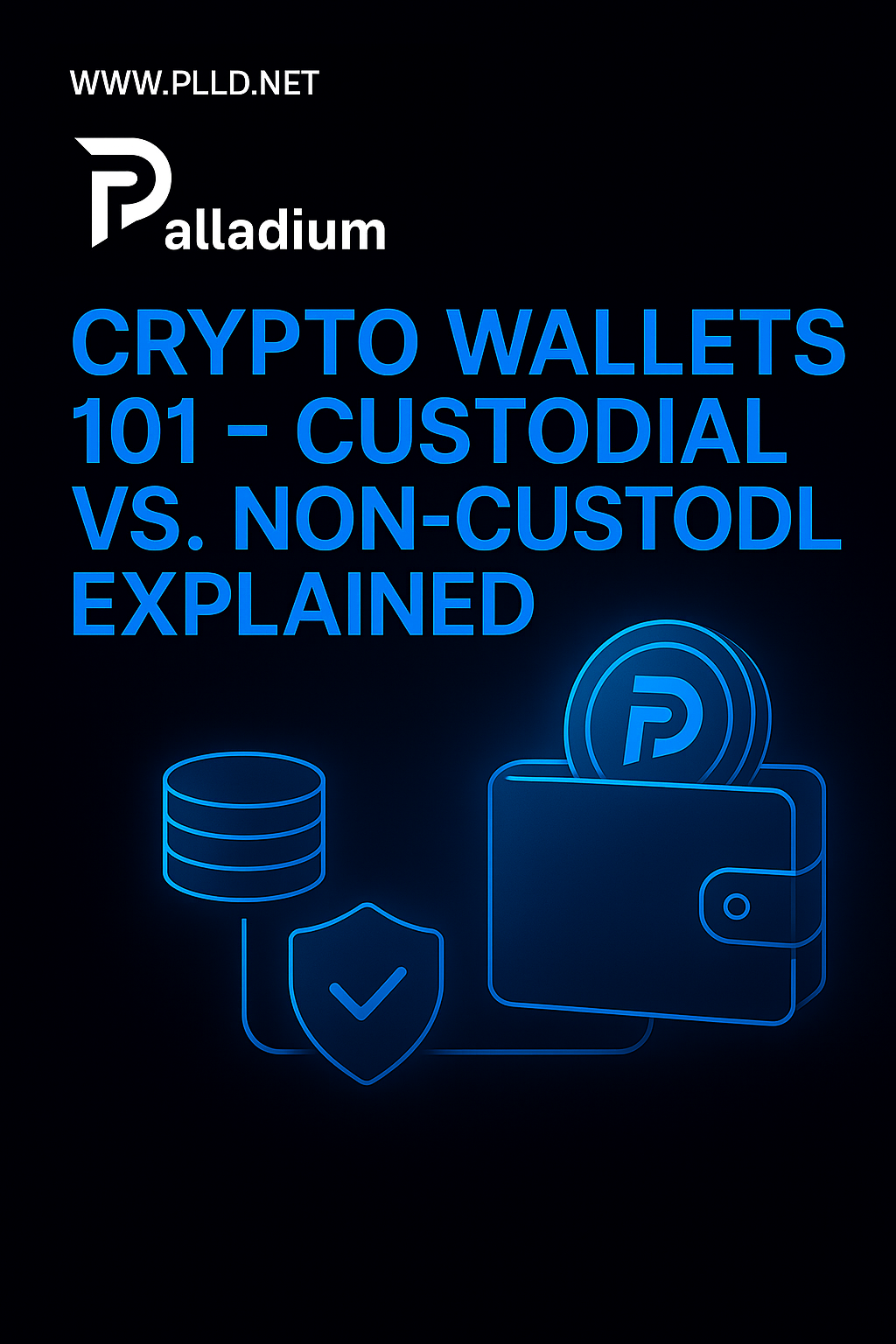In the world of cryptocurrency, your wallet isn’t just a tool — it’s your gateway to financial autonomy. But not all wallets are created equal. The ongoing debate between custodial and non-custodial wallets highlights one of the most important decisions every crypto user faces: whether to prioritize convenience or complete control.
Custodial Wallets
Custodial wallets are managed by third parties such as centralized exchanges or crypto service providers. When using them, you entrust your private keys — and effectively your funds — to someone else. This setup mirrors traditional finance, offering simplicity at the cost of independence.
Advantages: Custodial wallets are beginner-friendly. They provide customer support, password recovery, and easy integration with trading platforms. Users don’t need to manage seed phrases or private keys, making them ideal for active traders or newcomers.
Drawbacks: The trade-off is trust. You don’t truly own your assets since the custodian holds your private keys. If the platform suffers a breach or freezes withdrawals, your funds may be at risk.
Think of it like a bank account — highly convenient, but not entirely under your control.
Non-Custodial Wallets
Non-custodial wallets return full ownership to the user. You hold your own private keys, giving you direct access to your crypto without intermediaries. Popular examples include MetaMask, Trust Wallet, and hardware wallets such as Ledger or Trezor.
Advantages: These wallets embody the true spirit of decentralization. You maintain total control, enjoy greater privacy, and eliminate the risk of third-party interference. Your funds can’t be frozen or accessed without your explicit permission.
Drawbacks: With full control comes full responsibility. If you lose your seed phrase or private keys, there’s no recovery mechanism — your funds are permanently lost.
Owning a non-custodial wallet is like keeping gold in your personal safe — complete freedom, but also complete responsibility.
Choosing What’s Right for You
Neither type of wallet is universally superior. Your choice depends on how you use crypto and what you value most. Active traders and beginners often prefer custodial wallets for their speed and simplicity. Long-term investors and privacy advocates lean toward non-custodial options that align with the decentralized ethos of blockchain.
Final Thoughts
In crypto, control and convenience rarely coexist perfectly. Custodial wallets offer ease of use but require trust. Non-custodial wallets grant freedom but demand caution. The best approach is often hybrid — using custodial wallets for quick transactions and non-custodial wallets for long-term storage. In the end, true ownership comes down to one principle: if you don’t control your keys, you don’t control your crypto.
